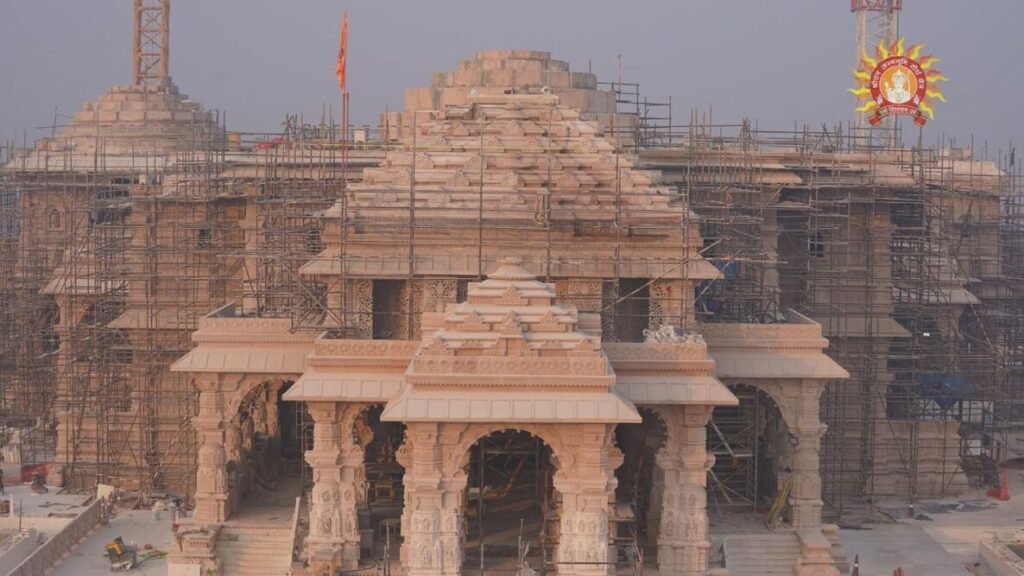
Explore the Top 5 Israel Wars in World History: From ancient conflicts to modern geopolitical struggles, learn about the pivotal wars that have shaped Israel’s history and its impact on the global stage.
Here are top 5 Israel wars in World History
- The Yom Kippur War
- The Six-Day War
- The First Lebanon War
- The Second Intifada
- The Gaza Wars
You might like: Top 5 wars in the world history
1. The Yom Kippur War (1973):
The Yom Kippur War, also known as the October War or Ramadan War, was a pivotal conflict in the Middle East. It began on October 6, 1973, when a coalition of Arab states led by Egypt and Syria launched a surprise attack on Israel during the Jewish holiday of Yom Kippur. The war was a result of longstanding tensions and disputes over territory, particularly the Sinai Peninsula and the Golan Heights.
The Yom Kippur War was marked by intense battles on multiple fronts, including the Sinai Peninsula and the Golan Heights. It was characterized by massive tank battles and aerial combat. The conflict resulted in significant casualties on both sides, with Israel initially facing a challenging situation due to the surprise attack.
Israel eventually regrouped and launched a counteroffensive. The war ended in a ceasefire on October 25, 1973, with no significant changes in territory. The human cost of the war was substantial, with an estimated 2,500 Israeli fatalities and over 18,000 wounded. On the Arab side, the casualties were even higher, with tens of thousands of soldiers killed.
The Yom Kippur War had a lasting impact on the region, leading to increased efforts toward peace and diplomatic negotiations. It also underscored the importance of intelligence and military readiness in the face of surprise attacks.
2. The Six-Day War (1967)
The Six-Day War, fought from June 5 to June 10, 1967, is one of the most iconic conflicts in Middle Eastern history. It began when Israel launched a preemptive strike against Egypt, Syria, and Jordan, who had amassed troops along Israel’s borders. The war was a culmination of longstanding tensions and disputes over territory and water resources, particularly in Jerusalem and the West Bank.
The Six-Day War was marked by Israel’s swift and decisive military action, resulting in the capture of significant territory. Israeli forces captured the Sinai Peninsula, the Golan Heights, the West Bank, and East Jerusalem, including the Old City. The conflict lasted only six days but had a profound impact on the region’s political landscape.
In terms of casualties, Israel lost approximately 700 soldiers, while Arab forces sustained significantly higher losses, with estimates ranging from 15,000 to 20,000 casualties. The war reshaped the Middle East, leading to enduring conflicts and challenges, particularly regarding the Israeli-occupied territories.
3. The First Lebanon War (1982-1985):
The First Lebanon War, also known as the 1982 Lebanon War, was a protracted conflict between Israel and various Lebanese factions, including the Palestine Liberation Organization (PLO) and Lebanese militias. The war was primarily triggered by Israel’s desire to remove PLO forces from Lebanon and establish a security buffer in southern Lebanon.
The conflict was marked by heavy fighting, including the Israeli invasion of Lebanon in June 1982. The war led to a protracted Israeli presence in southern Lebanon and frequent clashes with local militias, particularly Hezbollah. It also saw the tragic Sabra and Shatila massacres in September 1982.
The war resulted in a significant human toll, with estimates of Lebanese civilian casualties ranging from several thousand to over 17,000. On the Israeli side, approximately 675 soldiers were killed, and hundreds more were wounded.
The First Lebanon War had far-reaching consequences for the region, as it set the stage for ongoing Israeli-Lebanese tensions and contributed to the rise of Hezbollah as a powerful player in Lebanon.
4. The Second Intifada (2000-2005)
The Second Intifada, also known as the Al-Aqsa Intifada, was a prolonged period of Palestinian uprising against Israeli rule. It began in September 2000 after a controversial visit by then-Israeli opposition leader Ariel Sharon to the Temple Mount in Jerusalem.
The Second Intifada was marked by widespread Palestinian protests, suicide bombings, and Israeli military responses. The conflict resulted in significant casualties on both sides, with thousands of Palestinians and hundreds of Israelis killed.

The Second Intifada had a profound impact on the Israeli-Palestinian conflict, leading to heightened security measures, the construction of the West Bank barrier, and a breakdown in the peace process. The conflict created deep-seated resentment and mistrust between Israelis and Palestinians.
5. The Gaza Wars (2008-2009, 2012, 2014)
The Gaza Wars refer to a series of conflicts between Israel and Palestinian militants in the Gaza Strip, particularly Hamas. These wars are characterized by intense military operations, aerial bombardments, and ground incursions into Gaza.
The first Gaza War, also known as Operation Cast Lead (2008-2009), began in response to rocket attacks from Gaza into southern Israel. The conflict resulted in hundreds of Palestinian and Israeli casualties.
The second Gaza War, Operation Pillar of Defense (2012), erupted due to increased rocket attacks from Gaza. It led to casualties on both sides.
The third Gaza War, Operation Protective Edge (2014), was one of the deadliest. It was triggered by tensions and escalated rocket attacks. The conflict resulted in extensive destruction and a significant loss of life, with thousands of Palestinian and Israeli casualties.
The Gaza Wars underscore the ongoing challenges and complex dynamics in the Israeli-Palestinian conflict. They have left a lasting impact on the Gaza Strip, with significant infrastructure damage and humanitarian consequences.
These five conflicts are just a few examples of the complex and enduring challenges in the region, highlighting the profound human and geopolitical costs of the conflicts involving Israel.



